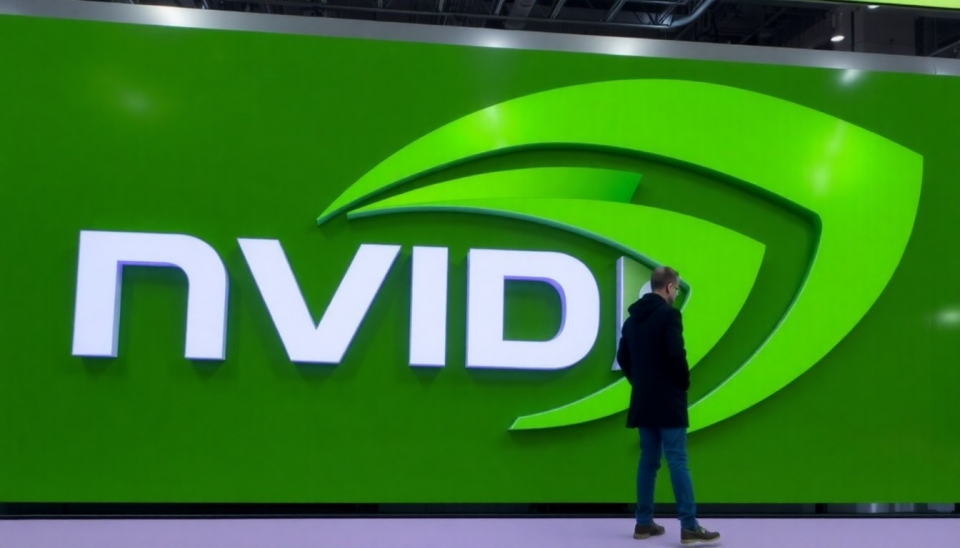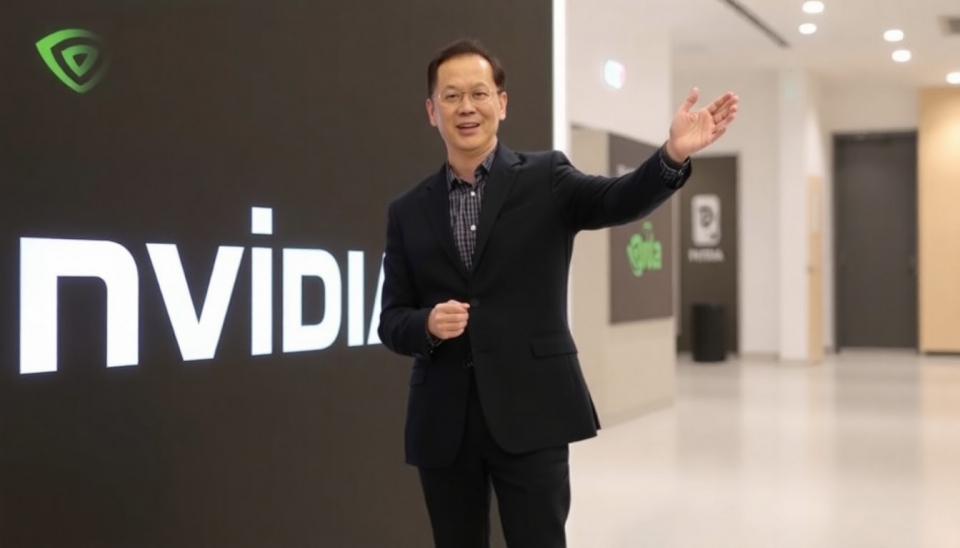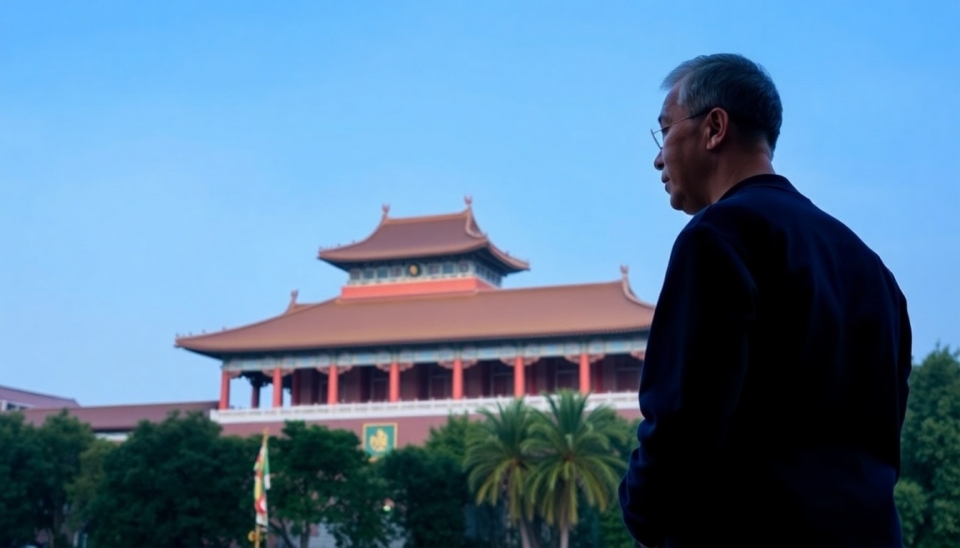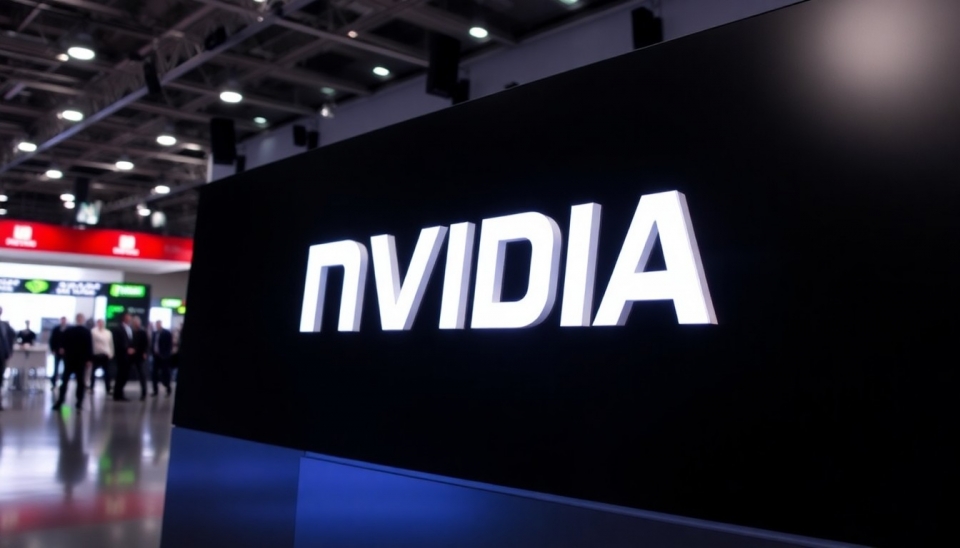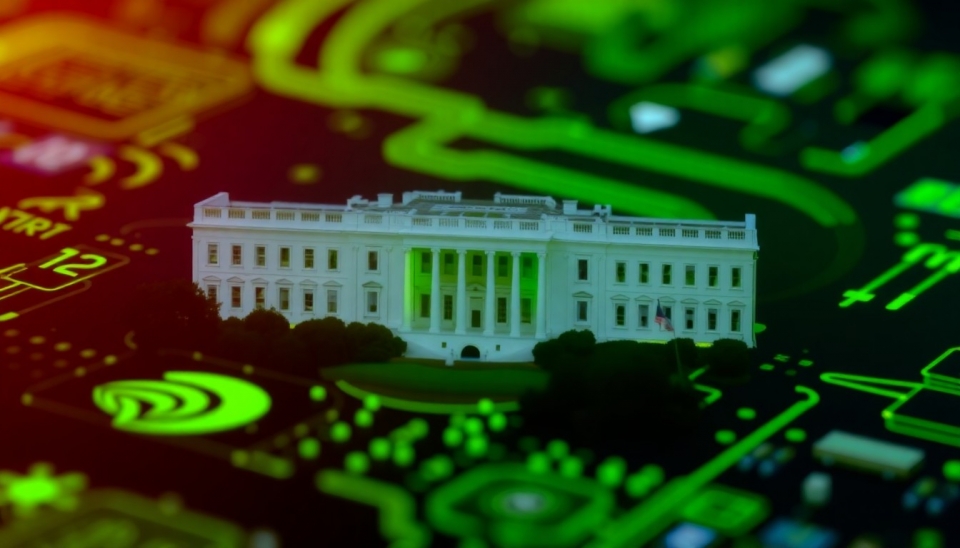
In a significant move aimed at reinforcing national security and technological dominance, the White House has announced new restrictions on the export of Nvidia's artificial intelligence (AI) chips. This initiative comes amid ongoing concerns about international competition, particularly from China, as the U.S. government seeks to limit access to advanced technologies that can potentially enhance military capabilities.
The newly unveiled regulations require companies exporting cutting-edge AI chips to obtain special licenses, thereby allowing the government to thoroughly assess the potential impact of these sales on national security. Nvidia, a leading American manufacturer of graphics processing units (GPUs) utilized in AI applications, is expected to be the most affected by these regulatory changes, as many of its products are sought after by foreign buyers.
According to officials, the move is part of a broader strategy to maintain a technological edge over rival nations, particularly in sectors that are poised to play a critical role in future military and technological advancements. The Biden administration has consistently highlighted the need to curb China's access to high-end chips that could aid in military modernization.
The announcement marks a continuation of the U.S. government's efforts to implement stringent export controls on advanced technologies. Previous measures have already targeted various semiconductor technologies, but with the new regulations, a wider array of products categorized under AI chips will now come under scrutiny.
In response to these regulatory changes, Nvidia has expressed concerns about the potential impacts on its international business and collaborations. The company has played a substantial role in the development of AI technologies, and restrictions on exports could have repercussions not only on its revenue but also on the global AI ecosystem where the company’s technology has become integral.
Industry experts believe that while these measures might safeguard national interests, they could also unintentionally stifle innovation and international partnerships that are crucial for the advancement of AI technologies. Analysts warn that if companies are unable to collaborate freely on AI development due to export restrictions, the pace of technological progress could slow globally.
The U.S. government has made it clear that these measures will remain flexible, allowing for ongoing assessments and adjustments as the global landscape evolves. The administration continues to weigh the line between protecting national security and fostering an environment conducive to technological growth and cooperation.
As businesses and governments around the world analyze and respond to these new regulations, the implications for the semiconductor industry and global technological competition remain significant. The international tech community watches closely, as this policy could set a precedent for similar restrictions on other high-tech developments in the near future.
In summary, the White House's introduction of new curbs on Nvidia's AI chip exports signifies a pivotal moment in the ongoing confrontation between the U.S. and China over technological supremacy. Stakeholders in both countries are now contemplating the long-term effects of such regulations on their respective industries and the broader implications for global technology.
#Nvidia #AI #Chips #ExportControls #NationalSecurity #TechnologyInnovation #USChina #Semiconductors #TechPolicy #BidenAdministration
Author: Emily Collins
